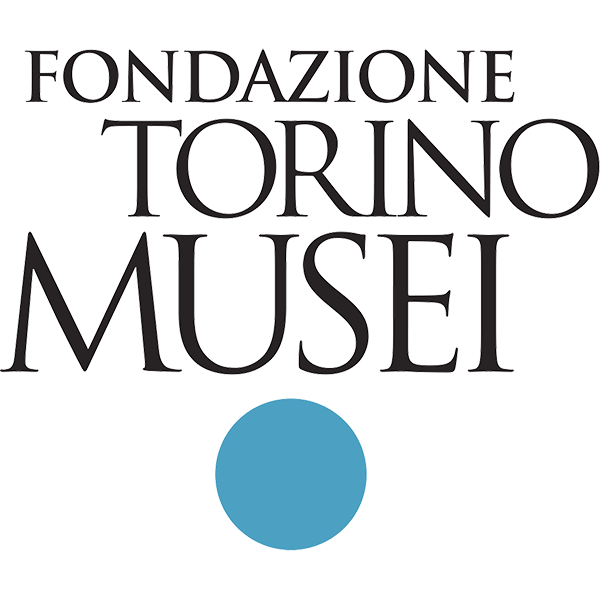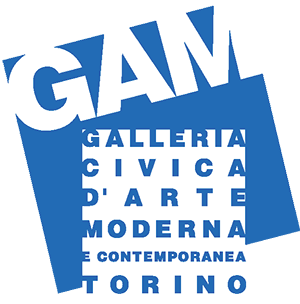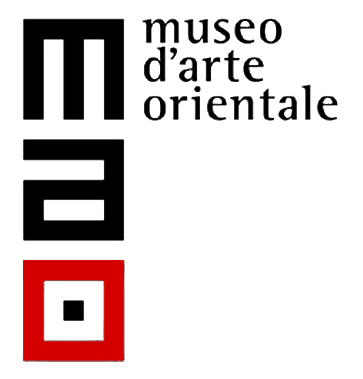Being Orlando in Iran: Shadi Harouni and Mohammad Salemy in conversation
- Event
- 4 June 2024

as part of the public program of
Tueasday, June 4 - 6 PM
Sally Potter's "Orlando," loosely based on Virginia Woolf's novel, tells the story of a noble-born aspiring poet who, after being ordered by Queen Elizabeth I on her deathbed to not “fade, wither, or grow old” ends up immortally on a quest from England to Constantinople and the United States to find love, make art, and hold a place in the world. At one point, he wakes up as the opposite sex and thus risks losing property rights, all while witnessing multiple historical events from very differing positions. Orlando is a witness who engages with the world, writing themselves into and out of history. This oscillation resembles the experience of many Iranians, both in and outside the country, who are displaced by major regional ruptures and transformations. Those in the ever-growing diaspora bear witness to major historical events from afar as well as through historical narratives of the past. In this lecture performance, Shadi Harouni and Mohammad Salemy will embrace the position of witnessing the historical transformation of Iranian social structures. By combining historical narratives with vernacular knowledge and mythopoesis, they will weave together alternative histories of their country through multiple epistemic perspectives.
Using their research and artistic practice as a guiding timeline, Harouni and Salemy will conjure and contemplate the emotional, formal, personal, and collective histories of hope and despair as they unfold within political mass movements, coups, wars, revolutions, and other historical ruptures.
Shadi Harouni’s sculpture, MOSADEGH*, for which Mohammad Salemy lends a text in the context of the exhibition Trad u/i zioni d’Eurasia at the MAO, serving as the starting point for this visual conversation between the two.
*MOSADEGH
Reza Nik was a shoemaker in Hamedan. A few days after the Revolution, he changed the name of his little shop to Mosadeqh, the name of the first elected prime minister of Iran, deposed in a CIA coup. He installed a neon sign with the name—four connected letters that in Farsi, read as MSDQ. In a month or so, the new authorities ordered him to change the store’s name. He had the first letter taken out, and now the shop was called Sedqh, which means truth. After a few years, the light in the S went out too. His shop’s new name was Deqh—which means death by heartbreak. He let this new title stand.
Free admission.
The event will be held in English.
Shadi Harouni (b. Hamedan, Iran) is a visual artist based in New York City. Harouni’s work is centered on disavowed histories of erasure and resistance, chiefly in the traditional Kurdish homelands, connecting quiet personal acts of dissent to global mass movements. Harouni’s practice weaves together modes and media—film and photography, sculpture and site-specific interventions with text and folklore. Harouni is a 2024-25 Guggenheim Fellow in Film-Video. She is an educator, Professor and Head of Video and Photography at New York University’s Steinhardt Department of Art.
Mohammad Salemy is an independent Berlin-based artist, critic and curator from Canada. He holds a BFA from Emily Carr University and an MA in Critical Curatorial Studies from the University of British Columbia. He has shown his works in Ashkal Alwan's Home Works 7 (Beirut, 2015), Witte de With (Rotterdam, 2015) and Robot Love (Eindhoven, 2018). His writings have been published in e-flux, Flash Art, Third Rail, Brooklyn Rail, Ocula, Arts of the Working Class and Spike. Salemy's curatorial experiment For Machine Use Only was included in the 11th edition of Gwangju Biennale (2016). Together with a changing cast, he forms the artist collective Alphabet Collection. Salemy is the Organizer at The New Centre for Research & Practice. He has been the cofounding Organizer of The New Centre since 2014 and the editor-in-chief of its publishing arm, Triple Ampersand. He is also the editor of "For Machine Use Only: Contemplations on Algorithmic Epistemology" (&&&, 2016) and "Model is the Message: Incredible Machines Conference 2022" (&&&, 2023).






